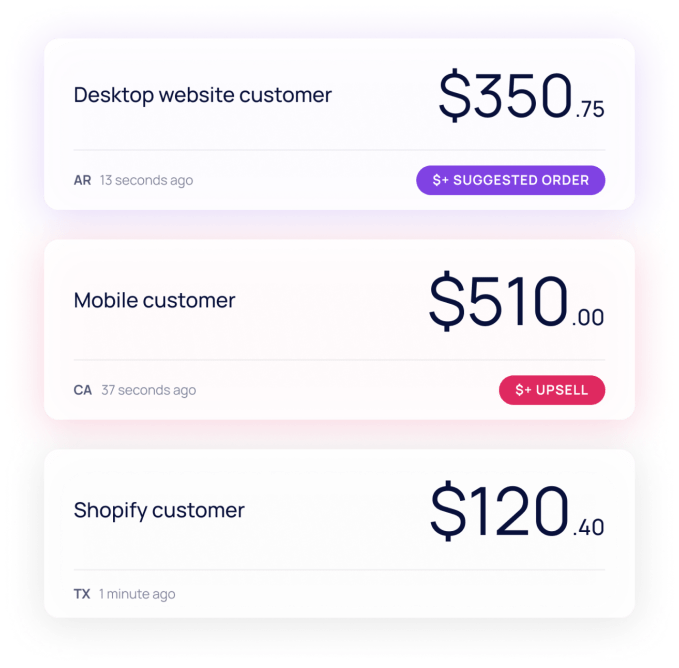Can AI automate enterprise decision-making? It’s an exceptionally broad and challenging task — assuming it’s within the realm of possibility. But that’s what startup Arena claims to do, fueled by a round of funding ($32 million) led by Initialized Capital and Goldcrest Capital along with Founders Fund, Flexport and a colorful cast of characters, including retired general David Petraeus, Peter Thiel, and Y Combinator CEO Michael Seibel.
New York–based Arena is the brainchild of Pratap Ranade and Engin Ural, who co-founded the company in 2020. The two were inspired to build a platform that could, leveraging predictive algorithms, help businesses formulate strategies to navigate “uncertain” environments — like a global pandemic.
Ranade, who attended Stanford and Columbia, was previously an associate partner at McKinsey and co-founded web-scraping startup Kimono Labs, which was acquired by Palantir in 2016. Ural was an app developer at Goldman Sachs before joining Palantir as an engineer, where he met Ranade.
Arena’s services are wrapped up in a lot of hyperbolic language, but they’re relatively straightforward in execution. One of the startup’s tools uses AI techniques to simulate an economy, testing out millions of product pricing configurations to arrive at an optimal model for a company. It brings to mind the AI Economist, a Salesforce-developed research environment that similarly runs millions of simulations to come up with plausible fiscal policy.
Beyond pricing, Arena can ostensibly simulate things like inventory management. Ranade also claims it can account for “deviations” in the economic environment, like headwinds stemming from snarled supply chains, in making recommendations to customers (i.e., execs).
Image Credits: Arena
“Without Arena, enterprises traditionally approach such decisions in a few ways: Hiring large teams of people to make these decisions, buying decision assistance software to help people in operational roles make data-driven decisions, or do nothing and continue pushing through with traditional processes,” Ranade told TechCrunch via email. “Each of these approaches has merit, but they are a far cry from the full promise of AI: truly intelligent machines that operate autonomously, on our behalf, to elevate human potential.”
Arena clients feed the platform data like SKU-level sales, pricing, inventory at the location level and shopper behavior during e-commerce sales. Arena augments that data with context from what Ranade calls the “demand graph,” which provides broader, real-time market signals. Together, these inputs are used to create the aforementioned simulations, which in turn produce models for pricing, inventory and marketing that are then fine-tuned world data.
“Today, when the most sophisticated, data-centric business-to-business companies run a promotion, data scientists analyze past data to determine the best type of promotion to run for a specific product in a specific market. They then load the promotion into their enterprise resource planning system, and weeks after, will analyze its performance,” Ranade said. “With Arena, this entire process is autonomous … Under the hood, Arena’s AI actively adapts to changing price elasticity and personalizes to customer behavior, making adjustments as it learns in real-time to drive bottom …read more
